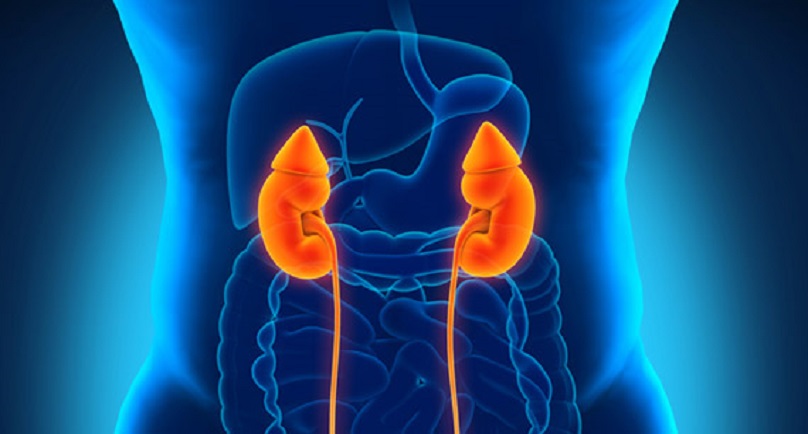By Daphne Rasehei and Rositta Liosi – EMTV Online
What Is Kidney Failure?
The kidneys are two organs located in your midsection on either side of your spine in the middle of your back, just above the waist. They clean your blood, keep the balance of salt and minerals in your blood, and help control blood pressure.
When your kidneys are damaged, waste products and fluid can build up in your body. If you don’t treat them, diseased kidneys may eventually stop working completely.
Kidney failure occurs when your kidneys lose the ability to filter waste from your blood sufficiently. Many factors can interfere with your kidney health and function, such as:
- toxic exposure to environmental pollutants
- certain acute and chronic diseases
- severe dehydration
- kidney trauma
Your body becomes overloaded with toxins if your kidneys can’t do their regular job. This can lead to kidney failure and even be life-threatening if it’s left untreated.
What Causes Kidney Failure?
People who are most at risk for kidney failure usually suffer from one or more of the following causes:
Loss of blood flow to the Kidneys – a sudden loss of blood flow to your kidneys can prompt kidney failure. Some diseases and conditions that cause loss of blood flow to the kidneys include:
- a heart attack, heart disease, scarring of the liver or liver failure, a severe infection, Blood pressure and anti-inflammatory medications can also limit blood flow, Urine Elimination Problems
When your body can’t eliminate urine, toxins build up and overload the kidneys. Some cancers can block the urine passageways. These include prostate (most common type in men), colon, cervical, and bladder cancers. Other conditions can interfere with urination and possibly lead to kidney failure, including:
- kidney stones, an enlarged prostate, blood clots within your urinary tract, damage to the nerves that control your bladder
Symptoms
Many different symptoms can be signs of kidney failure. Possible symptoms include:
- a reduced amount of urine
- swelling of your legs, ankles, and feet from retention of fluids caused by the failure of your kidneys to eliminate water waste
- unexplained shortness of breath
- excessive drowsiness or fatigue
- persistent nausea
- pain or pressure in your chest
How Is Kidney Failure Diagnosed?
There are several tests that can be used to diagnose kidney failure. These include:
- Urinalysis
A urine sample can be tested for any abnormalities, including abnormal protein or sugar that spills into the urine.
- Urine Volume Measurements
Measuring urine output is one of the simplest tests to help diagnose kidney failure. For example, low urinary output may suggest that kidney disease is due to a urinary blockage, which can be caused by multiple illnesses or injuries.
- Blood Samples
Samples of your blood are taken to measure substances that are filtered by your kidneys, such as blood urea nitrogen (BUN) and creatinine (Cr). A rapid rise in their levels may indicate acute kidney failure.
Treatment
There are several treatments for kidney failure, but the type of treatment needed will vary depending on the reason for your kidney failure. Your doctor can help you determine the best treatment option, which may include:
Some kidney diseases can be successfully treated and others progress to advanced kidney failure, requiring dialysis and/or transplantation.
For example, kidney infections and kidney stones can often be successfully treated. Your doctor may recommend certain medications or suggest a specific diet for you.
Read these articles for more information:
10 Symptoms of Kidney Disease


